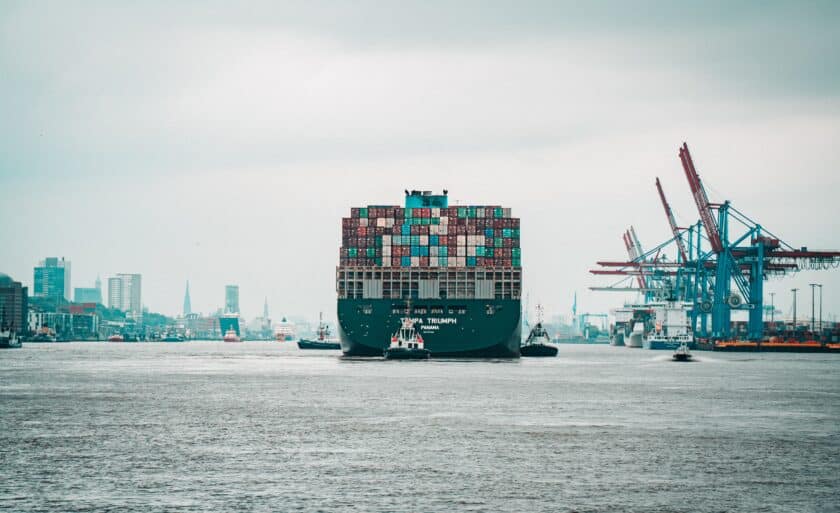Management consultancy giant McKinsey & Company has warned of supply chain issues for global de-carbonisation.
In its latest report ‘The net zero materials transition: Implications for global supply chains’, McKinsey said the volume of minerals and metals required for current decarbonisation trajectories may not meet demand and could require $4 trillion of investment by 2030.
Minerals such as nickel are expected to experience shortages of between 10 and 20%, while dysprosium, a highly magnetic material used in electric motors, could see shortages of up to 70%.
According to McKinsey, if mitigation actions are not put in place, these shortages could hinder the global speed of decarbonisation, leading to price spikes and volatility across the materials supply chain. This would result in slower adoption rates as customers are unable to shift to lower-carbon alternatives.
Michel Van Hoey, senior partner at McKinsey & Company, said: “It’s crucial to ensure the timely scale up of projects that have already been announced so far, whilst also protecting future demand. This will require mining for materials to exceed historical growth rates, while at the same time doubling down on exploration to ensure further scale up of supply beyond 2030. This could mean investment increasing by about $300 billion to $400 billion per year to meet demand.”
The report identifies a number of actions for all stakeholders on supply, demand, innovation and policy that will be required to help balance the equation and protect the speed of the transition.
It says that labour capacity will need to be increased by up to 600,000 specialised mining professionals and an additional 200 to 500 gigawatts of energy will need to come online by 2030 to power these assets.
McKinsey has also called for investments in materials innovation and breakthrough technologies to be amplified. This may involve exploring material substitution options for long-term constrained or regionally concentrated materials, or focusing on enhanced recycling practices for new materials such as rare-earth materials as well as innovation solutions to increase the throughput of existing assets.
Van Hoey added: “Increasingly bold climate targets are changing global material value chains to the extent that the transition to net zero emissions has sparked a materials transition. Our report provides an integrated perspective on those changes and key actions that will be required to balance the equation and safeguard the industry.”































